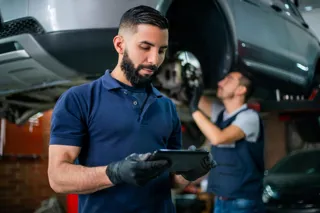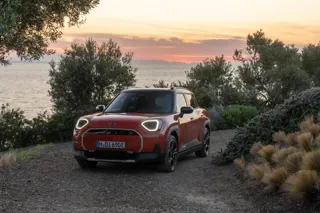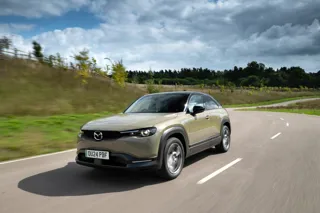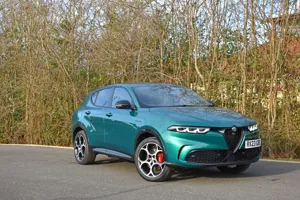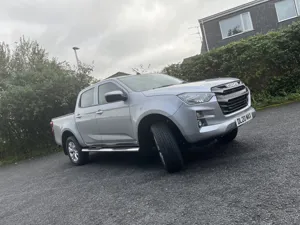Martin Gray named new national fleet manager at Seat and Cupra UK
Gray takes top fleet role after being contract hire and leasing manager at Seat for the past seven years.
Seat
25 Apr
Features and analysis

BMW expands model choice and remains fleet industry's favourite brand
As BMW continues to expand and evolve its model line-up, the brand remains committed to giving its customers choice.
Electric Fleet
Events
Car, van and truck reviews
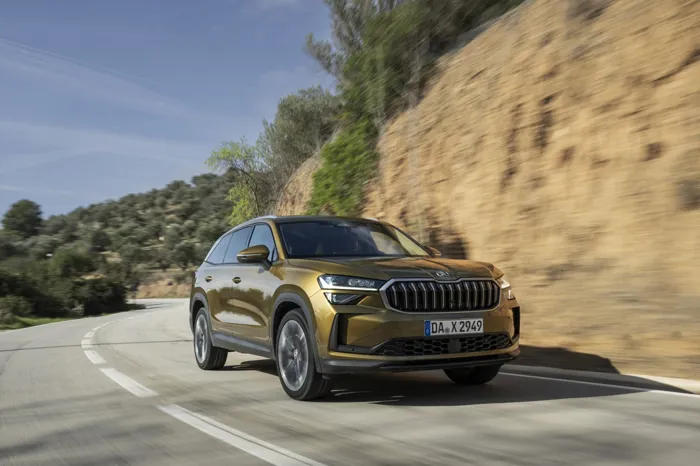
Skoda Kodiaq first drive | PHEV brings greater fleet appeal
Skoda has improved the Kodiaq in just about every way and the addition of a PHEV powertrain means it now makes a lot of sense for company car drivers.
25 Apr





